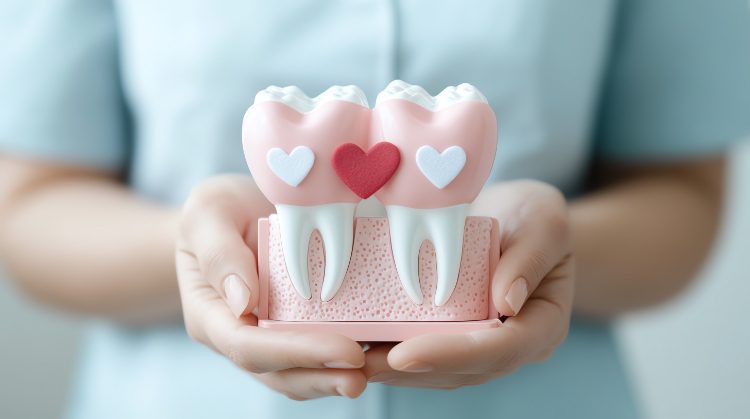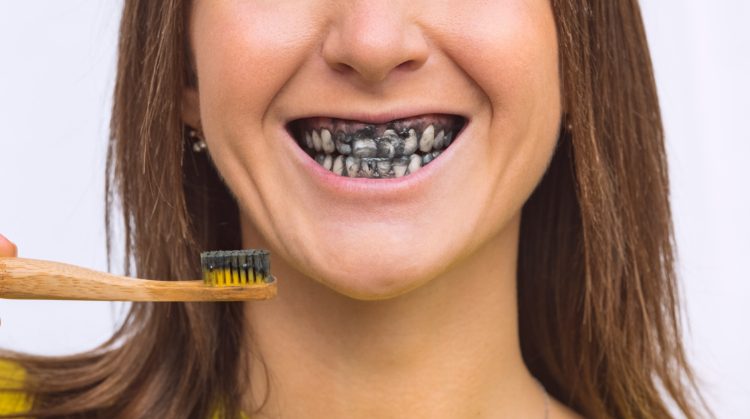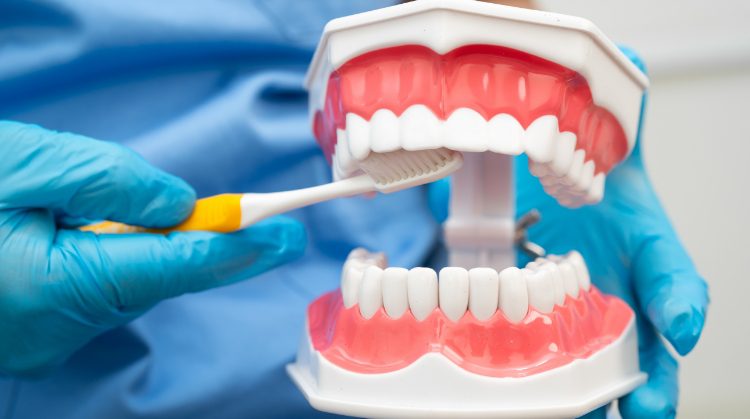
So, you’ve decided to take your health into your own hands and start losing weight in order to reach a healthier place? One thing you might not have thought about is how dieting affects your oral health. Some diets can actually improve your oral health while other may hurt it.
Low-Fat Diets
For years the gold standard in losing weight was to eliminate fat. Everyone turned to low-fat alternatives of their favorite foods in order to still enjoy some of the flavors they love without the guilt. Unfortunately, when you choose a diet that focuses on low-fat, you have to keep an eye out for products that have added sugar in order to make up for the lost flavors from the fat, said Dr. Amy Norman, DDS, a leading cosmetic dentist in Everett, Washington.
“Another concern with low-fat diets is that your brain needs healthy fats in order to produce the mood-boosting neurotransmitter dopamine. Without it, your stress and anxiety can increase,” said Norman. “Stress can lead to teeth clenching and grinding, which can, in turn, lead to jaw pain related to TMJ disorder.”
Atkins or Paleo
The Atkins and Paleo diets are different in many ways but are similar in that they both restrict carbs. These methods can be effective when it comes to weight loss, but what about when it comes to oral health? The good news is that by cutting out carbohydrates and sugars like these diets suggest, bacteria in the mouth lose some of the fuel they use to create an acidic environment that damages teeth. This means while you’re working to make your body healthy, this diet can actually help make your mouth healthier as well.
For those who take a ketogenic approach to some of these diets, it’s important to note that when inducing ketosis, you may find yourself with a bad case of halitosis, or chronic bad breath. This isn’t detrimental to your health, but it is something many people find unpleasant. Be sure to drink lots of water and chew sugar-free gum to try to minimize this side effect.
Eating for Your Oral Health
The best way to get healthy is to eat a balanced diet, Norman said. There are even some foods that help increase dental health along with your overall health. Dark, leafy greens are great for your body and your teeth as they are full of calcium, iron, folic acid and many other nutrients your teeth, gums and entire body love.
“Cheese lovers will be thrilled to find out that several studies have shown that eating cheese can raise the pH level in the mouth and lower your risk for tooth decay,” said Norman. Studies have also shown that cheese can help increase saliva production and strengthen tooth enamel.
Crunchy fruits and vegetables like carrots, apples and celery can be good for your teeth as they act as nature’s toothbrush in a way. They increase the production of saliva, which helps naturally rinse away some of the bacteria that can be harmful to teeth.
According to the American Dental Association, when your diet is unhealthy, one of the first areas to feel the effects is your mouth. Eating a balanced diet is good for your whole body, mouth included.



